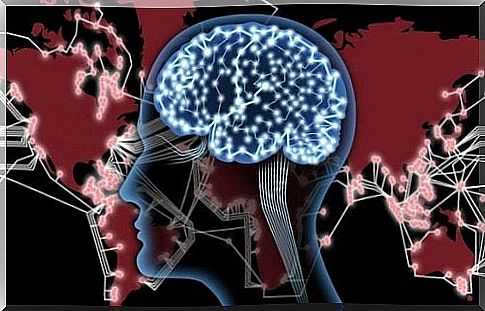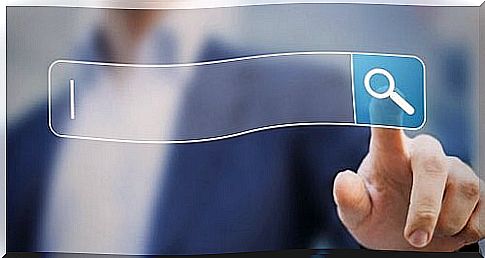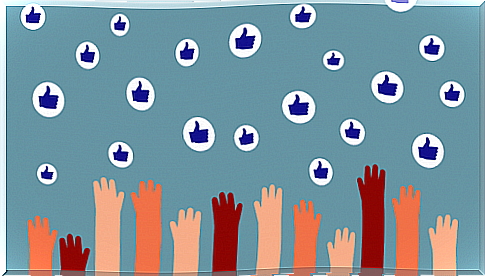The Internet Diminishes Our Critical Power In 3 Ways

Several studies have shown that our critical capacity decreases when we are constantly connected to the internet. This is not a conjecture. It is a substantiated conclusion that comes from data and analysis.
The relationship between the internet and our brains occurs within certain limits. They affect our way of thinking.
In this sense, critical ability corresponds to the yardstick by which we consider and evaluate information. It allows us to determine whether the information is valid and relevant. We don’t need to tell you that certain aspects of the internet are not valid or relevant. This is why the internet is letting critical power decline.
How does this work? Many websites such as search engines and social networks work with algorithms. The function of these algorithms is to tailor the ads and pages to the tastes and preferences of the user.
Over time, this stops you from seeing things you don’t want to see. You only see what you like. In the long run, the internet reduces critical power. These are the three main ways the Internet does this.
1. The information on the internet confirms your opinion
When you use a search engine, it activates all the data that the internet has collected. In this way, the sites you usually read or information in line with what you usually look up will appear first. A significant amount of material is therefore left out of your search results.

Something similar happens on social media sites. When you use them, the network remembers the people you talk to the most. Most of the time, these people probably think in a way similar to how you think. Without you realizing it, your circle gets noticeably smaller.
The problem is that you unknowingly put yourself in an ideological world that only confirms your beliefs. So you will not find any information or opinions that contradict your own opinion. All you get is confirmation.
This causes you to form a limited idea of the world around you. You then begin to think that this ideal world is reality. However, you do not realize that you are missing a large part of the picture. This is one way the internet is letting critical power diminish.
2. The Internet Reduces Critical Ability by Stimulating Narcissism
The social media sites in particular have created a new form of addiction, the addiction to likes. It’s not that you necessarily ask for it. However, every time you post something on the site, you expect others to respond. If they don’t, you may feel frustrated or may doubt yourself.
Science has established that likes activate dopamine. They are increasingly seen as a reward mechanism. They make you feel good about yourself. That’s because they make you feel like you’re accepted by a group.
This can be problematic. After all, that dependence can shape your opinions and words in a certain way without you realizing it.

So this is yet another way the internet reduces critical power. It makes our ego become a product of social consumption. The ego tries to be approved by others.
After all, not agreeing can mean leaving a certain environment or facing public rejection. That leads to the conditioning of our thinking.
3. The Internet Promotes Insignificant Social Relationships
You can interact with other people in many ways on social media. There are social media applications but there are also forums, chats and other similar media. The web in this way creates a false sense that you are surrounded by people.
There is an endless conversation that seems to have no beginning or end. In turn, that conversation is about issues that have become “normal”. Like it or not, eventually you too will talk about it.
We don’t notice it, but physical contact with others is becoming less and less necessary. The interactions on the internet involve adopting a certain physical posture. You almost always sit and look at a screen. This has effects on your body and your brain.
Physical training increases intelligence. Physical contact increases the capacity for empathy, exchange between people and affection.

So you can conclude from this article that the internet decreases critical power. We voluntarily adapt to new ways of living and how we interact with others. The internet takes away our direct experiences in real life. Eventually you will see the world through a small and limited window. That’s the risk.









